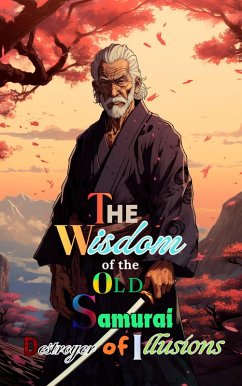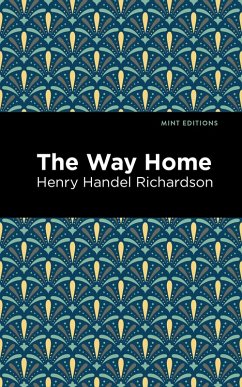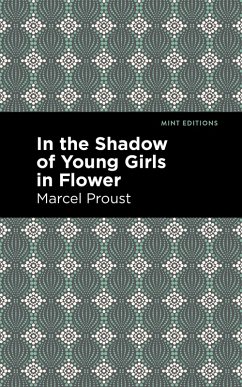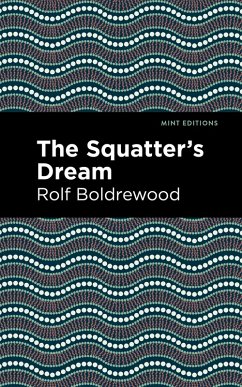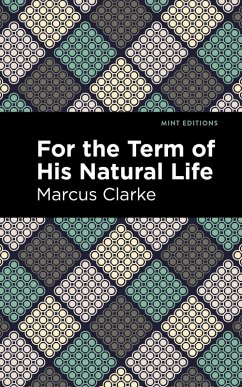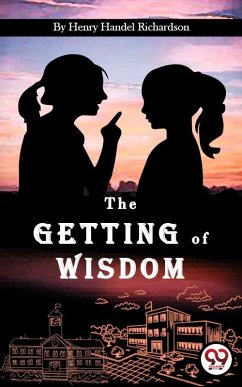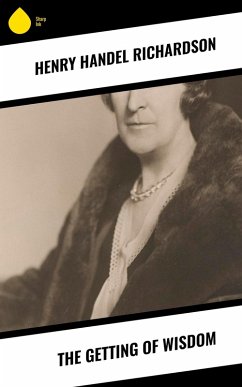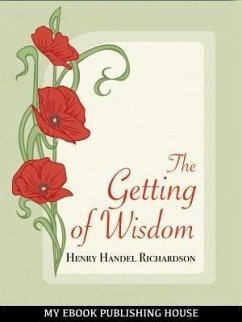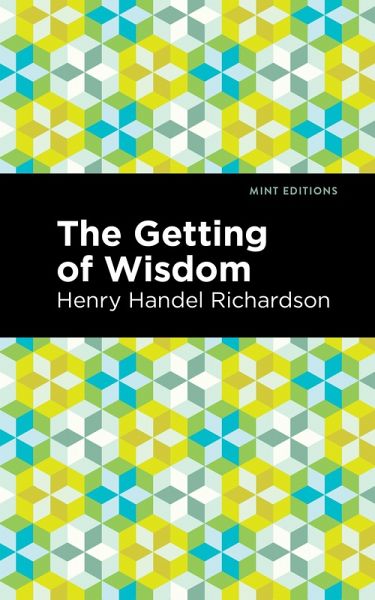
The Getting of Wisdom (eBook, ePUB)

PAYBACK Punkte
3 °P sammeln!
The Getting of Wisdom (1910) is a novel by Henry Handel Richardson. Based on her experiences at Melbourne's Presbyterian Ladies' College, The Getting of Wisdom is a coming-of-age novel aimed at a young audience. Engaged with such themes as grief, bullying, and peer-pressure, Richardson's novel is a powerful story of a young girl finding her way in the world. An instant bestseller, the novel has never gone out of print. "Laura went into her own room and locked the door, a thing Mother did not allow. Then she threw herself on the bed and cried. Mother had not understood in the least..." Punished...
The Getting of Wisdom (1910) is a novel by Henry Handel Richardson. Based on her experiences at Melbourne's Presbyterian Ladies' College, The Getting of Wisdom is a coming-of-age novel aimed at a young audience. Engaged with such themes as grief, bullying, and peer-pressure, Richardson's novel is a powerful story of a young girl finding her way in the world. An instant bestseller, the novel has never gone out of print. "Laura went into her own room and locked the door, a thing Mother did not allow. Then she threw herself on the bed and cried. Mother had not understood in the least..." Punished for cutting her own hair without permission, Laura Tweedle Rambotham defies her mother once more. Alone in her room, she begins to think about her mother's words, letting them sink in until the truth can no longer be denied. In the morning, she leaves for The Ladies' College, a boarding school far from family and friends-and in Melbourne, no less, a city she has never been to. Scared, nervous, and tired, she drifts off to sleep in her childhood room for the last time. Heartfelt and deeply personal, The Getting of Wisdom is a powerful coming-of-age story from one of Australia's best-loved writers. This edition of Henry Handel Richardson The Getting of Wisdom is a classic of Australian literature reimagined for modern readers.
Since our inception in 2020, Mint Editions has kept sustainability and innovation at the forefront of our mission. Each and every Mint Edition title gets a fresh, professionally typeset manuscript and a dazzling new cover, all while maintaining the integrity of the original book.
With thousands of titles in our collection, we aim to spotlight diverse public domain works to help them find modern audiences. Mint Editions celebrates a breadth of literary works, curated from both canonical and overlooked classics from writers around the globe.
Since our inception in 2020, Mint Editions has kept sustainability and innovation at the forefront of our mission. Each and every Mint Edition title gets a fresh, professionally typeset manuscript and a dazzling new cover, all while maintaining the integrity of the original book.
With thousands of titles in our collection, we aim to spotlight diverse public domain works to help them find modern audiences. Mint Editions celebrates a breadth of literary works, curated from both canonical and overlooked classics from writers around the globe.
Dieser Download kann aus rechtlichen Gründen nur mit Rechnungsadresse in A, D ausgeliefert werden.





